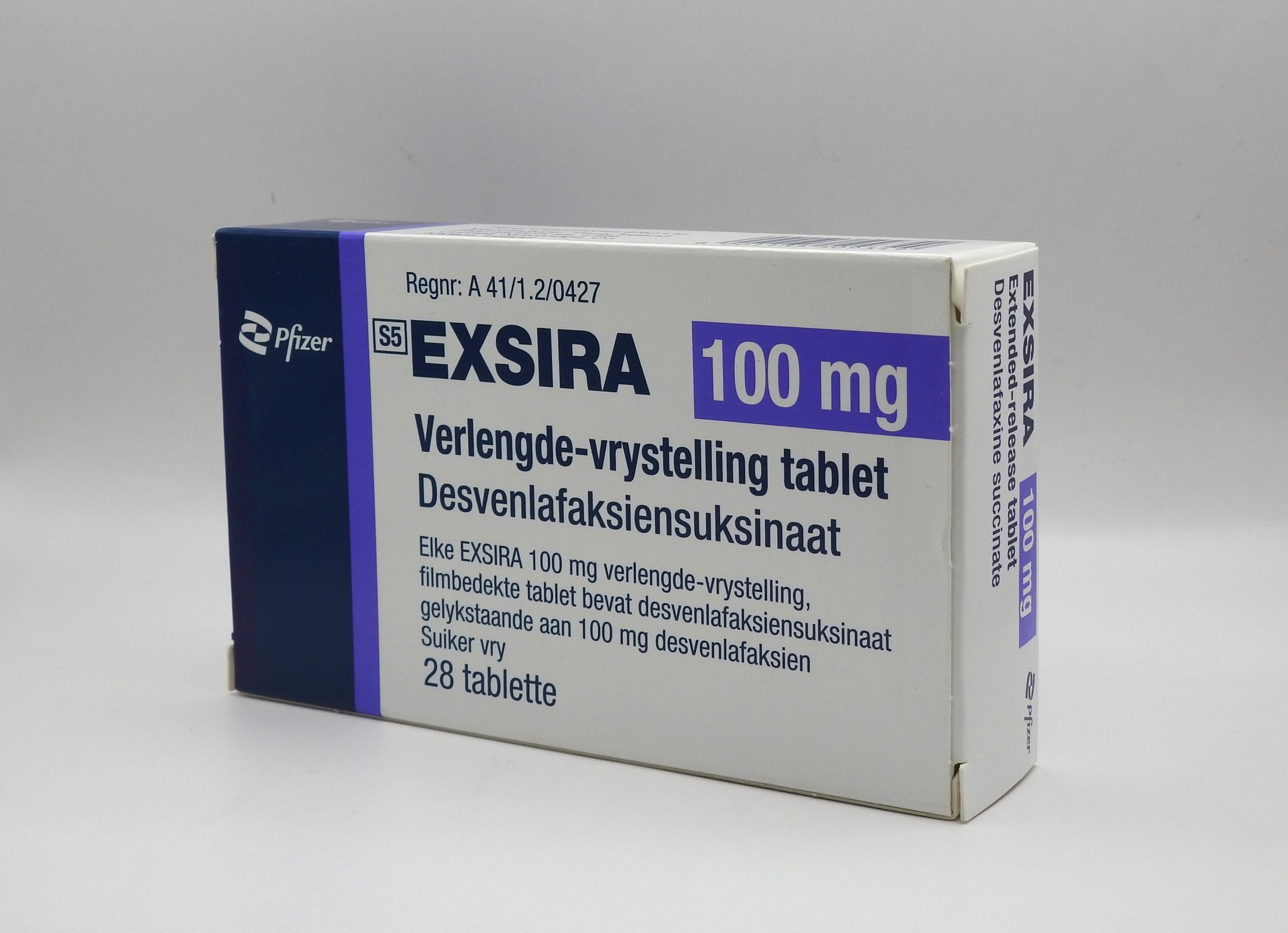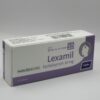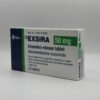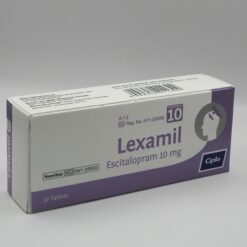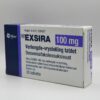Exsira (100mg Srt x 28)
$127.15
Exsira is a medication available in a 100mg sustained-release tablet form. The active ingredient in Exsira is not specified in your query, so it’s unclear what specific condition it is used to treat. It is important to consult with a healthcare professional or refer to the medication’s package insert for detailed information on its indications, usage, and potential side effects. The sustained-release formulation suggests that the medication is designed to release the active ingredient gradually over a prolonged period, providing a sustained therapeutic effect. It is crucial to follow the prescribed dosage and any additional instructions provided by the healthcare professional or the medication’s labeling.
